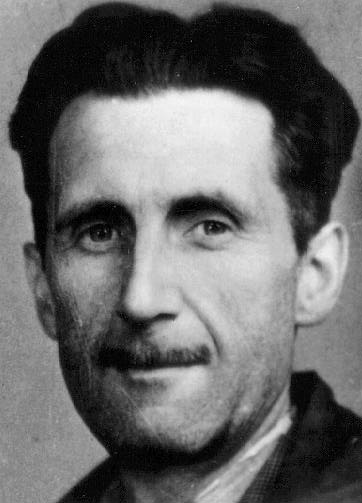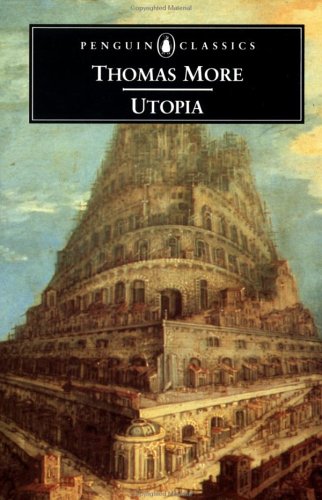Our first background article has been written by actor Todd Staszak, who portrays Winston Smith in our production. He has taken a scene from the book, in which Winston begins a journal, to harmonize and synthesize events from the book, the play, and his own character back story. The result is provocative and should give you a taste of the world of 1984. [Note: the sentences in quotes at the beginning and end of the journal entry are actual lines from Orwell’s book. All the rest is Todd’s own work.]
——————————-
“April 4th, 1984
To the future or to the past, to a time when thought is free, when men are different from one another and do not live alone–to a time when truth exists and what is done cannot be undone:”
From the age of uniformity, from the age of solitude, from the age of Big Brother, from the age of doublethink–greetings!
I live in a world that has no history, for history is as fluid as the future, steered by the requirements of the present. I know this very well. My job in the Ministry of Truth is history correction. I modify yesterday’s truths into today’s reality. I remember that in the past I have modified accounts that I have more recently been required to alter back into what they were before, as it fits the whims of the Party. This is where doublethink comes in – simultaneously holding two conflicting ideas in one’s head. I must believe that I only ever correct historical accounts. The new version of events is, infallibly, the truth as it suits Big Brother, and by extension the Inner Party. The Inner Party decides policy and practice. Outer Party members like me put the Inner Party’s designs in motion. Then there are the proles. The governed. If there is hope, it must lie in the proles.
Because the past has been altered many times already, I have decided to start this journal, so I can record the truths I still remember. It is forbidden for Party members to own paper or pens (I bought these in a junk shop in the prole district), but the bigger crime is not that I have the means to write a journal, but that I have the independent thoughts I record in it. Thoughtcrime does not entail death. Thoughtcrime is death.
I know that I was a boy when the Revolution started. My father served in the military on the losing side and I last saw him when I was six or seven. I don’t really understand how things were different before the Revolution. A child doesn’t understand these things. What I do remember is that everything changed. I was never hungry before the Revolution. Or alone.


